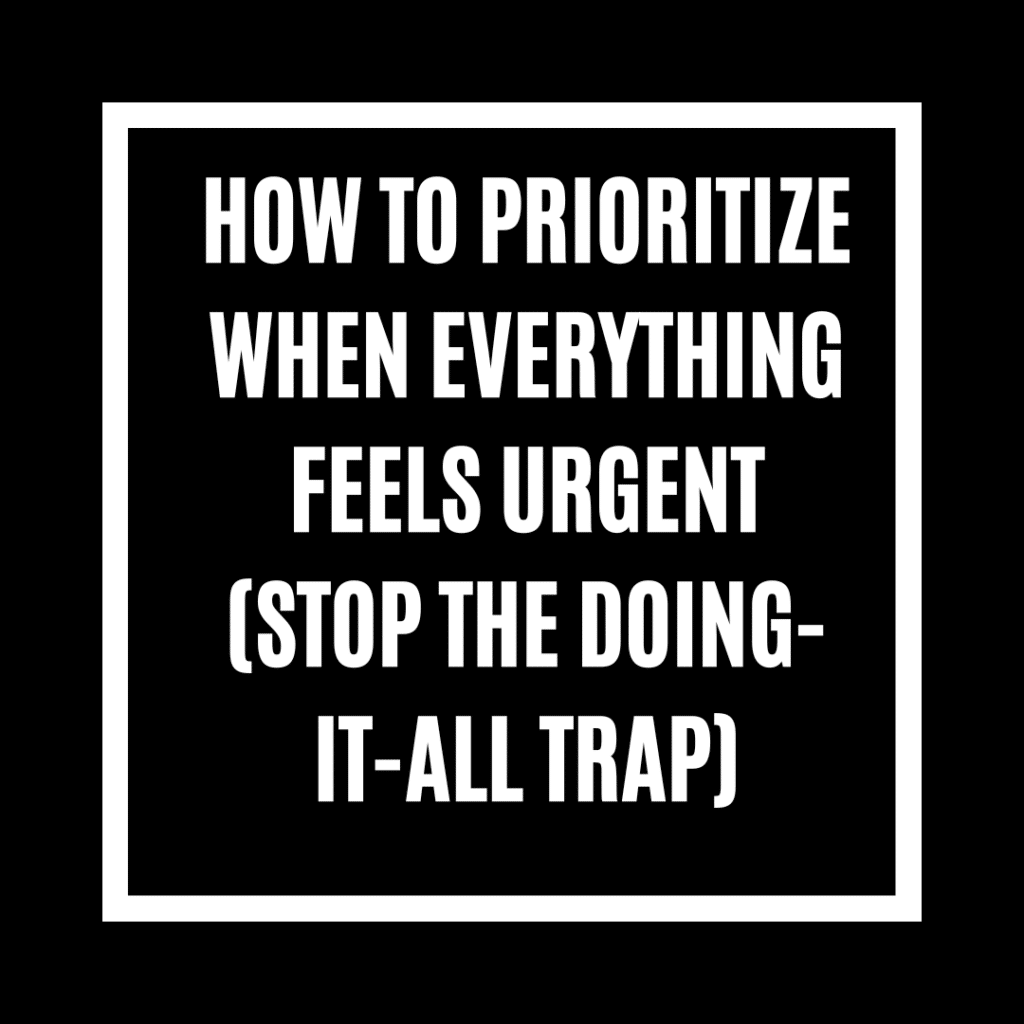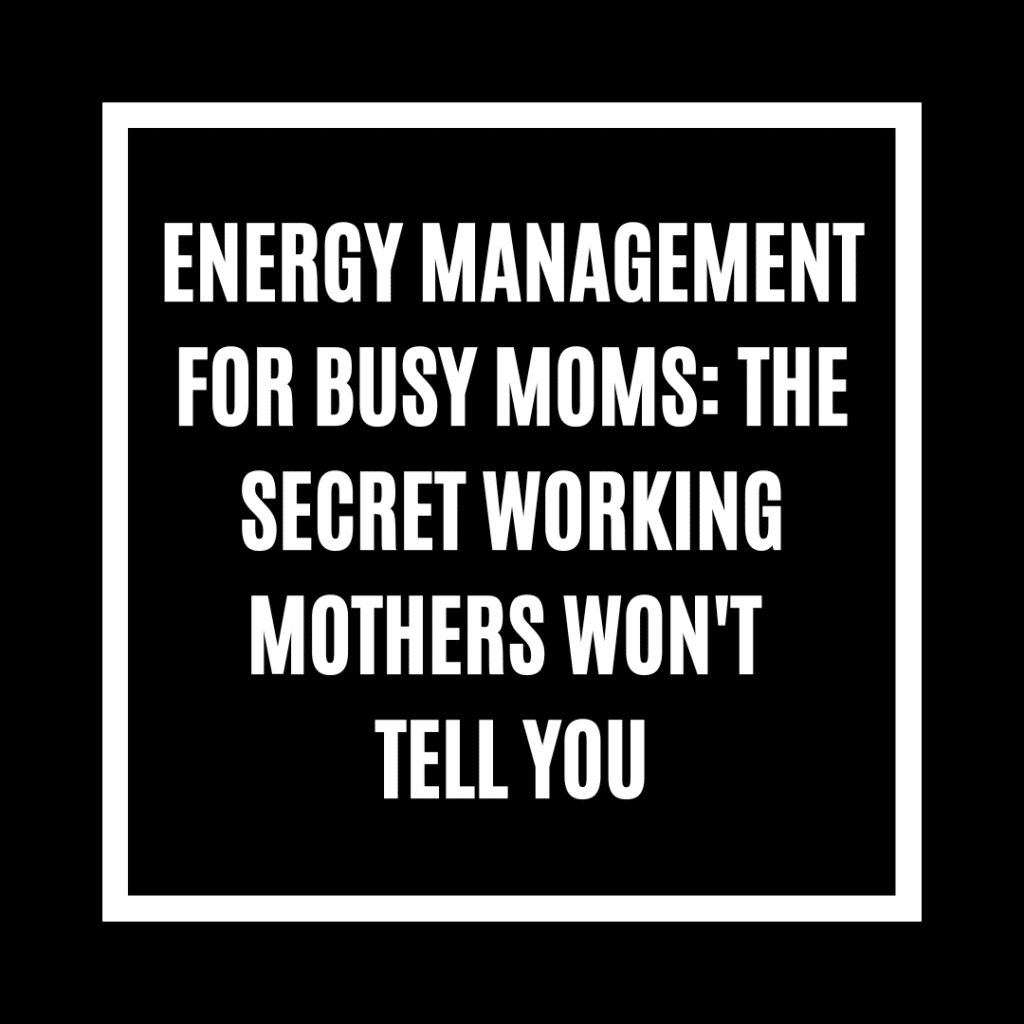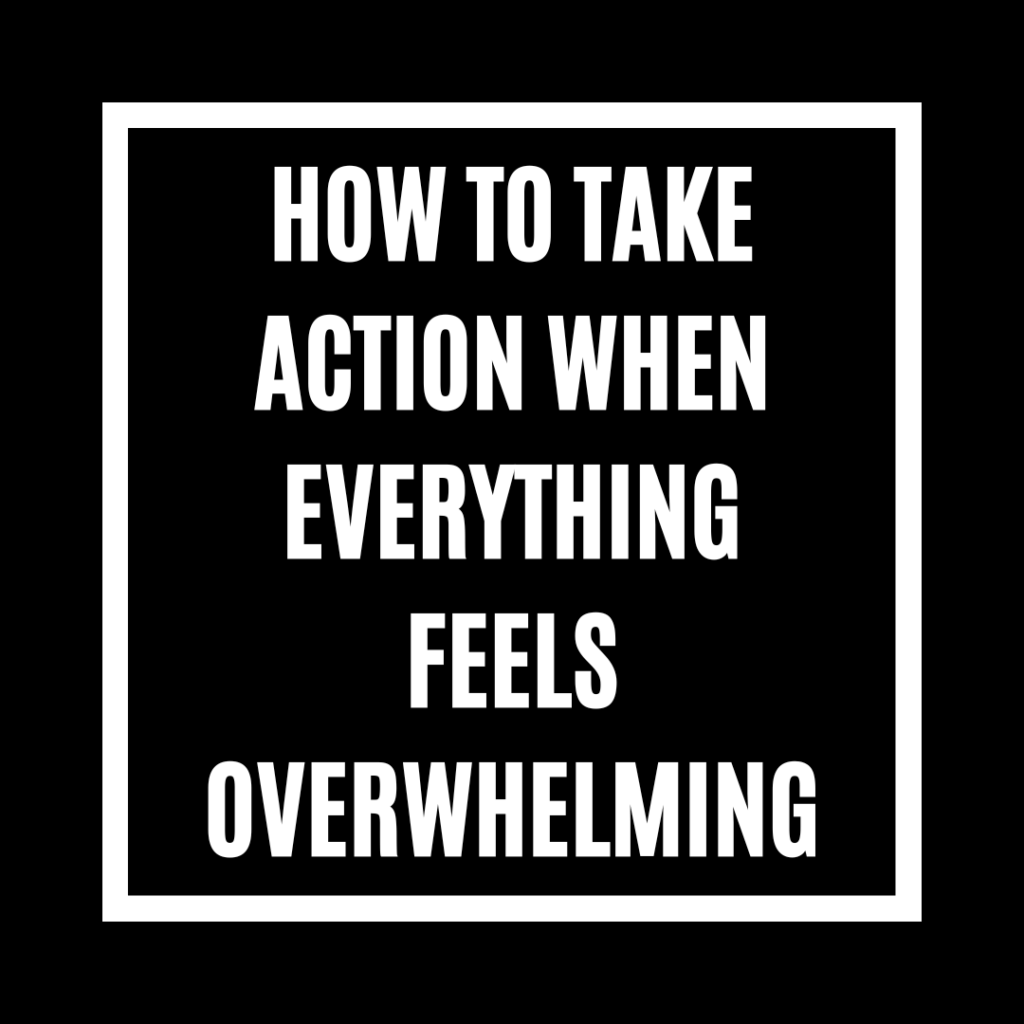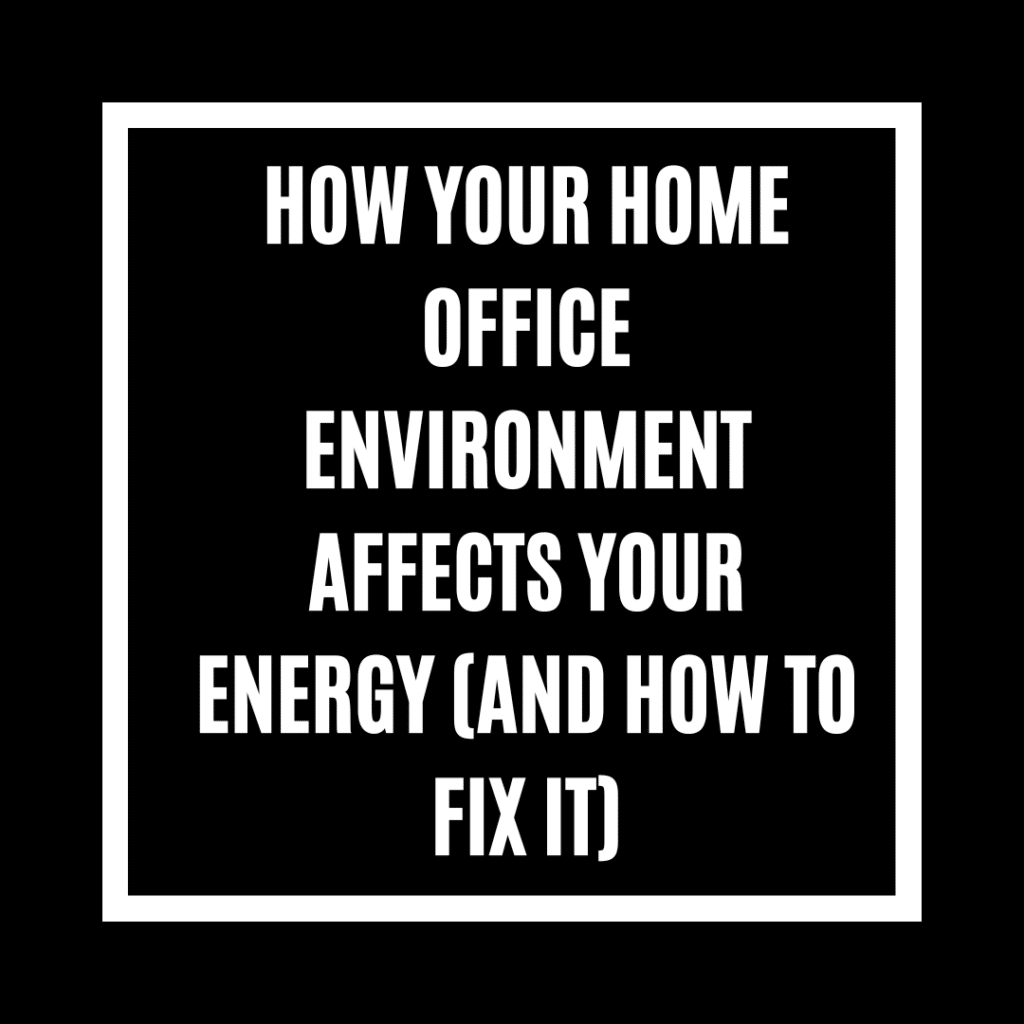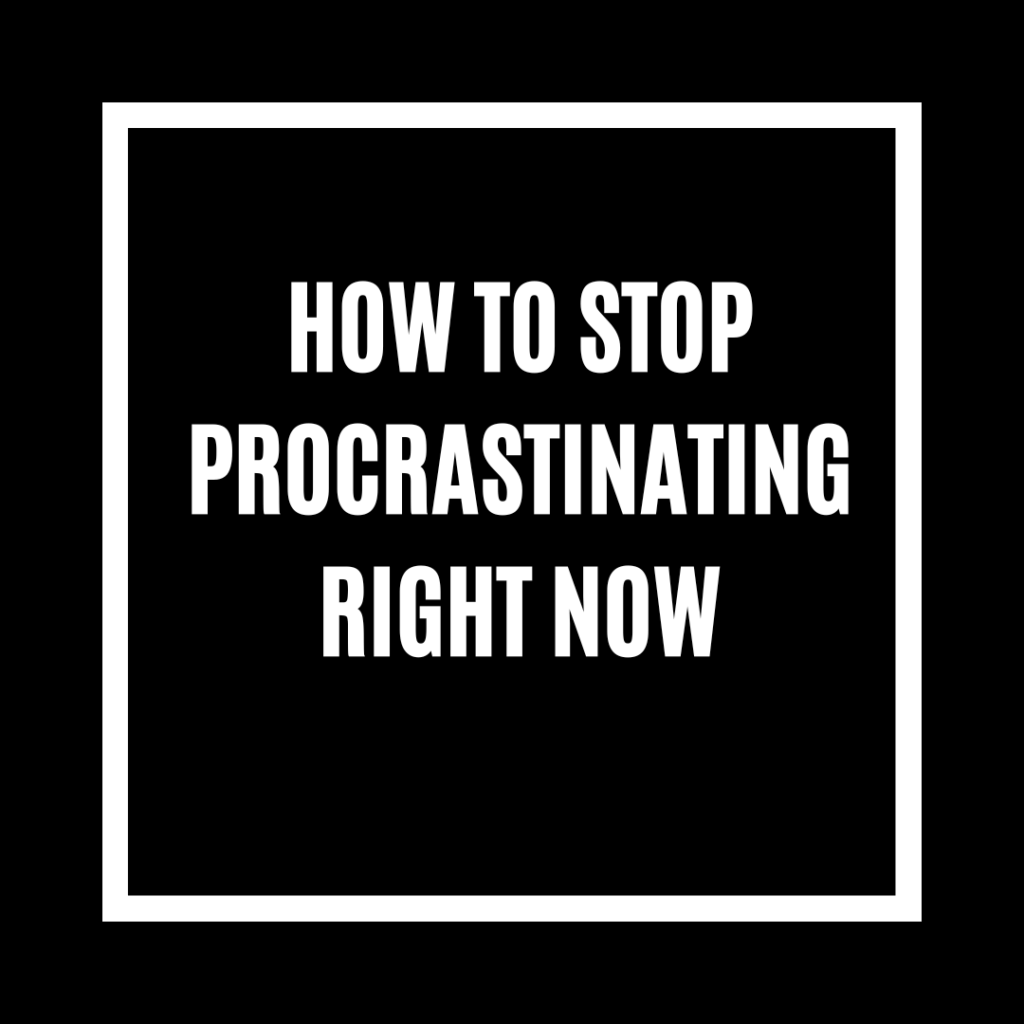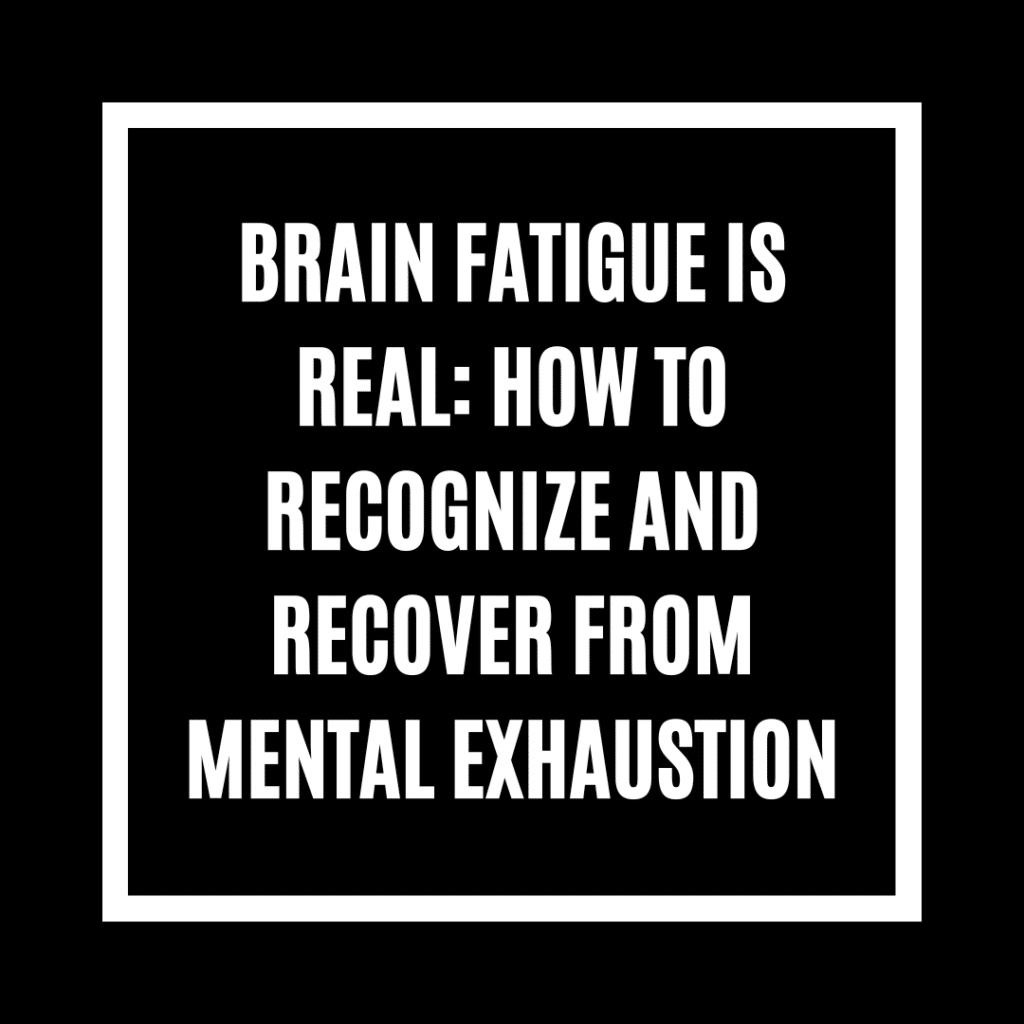Are You Addicted to Being Busy? The Psychology Behind Constant Busyness
Originally published on The Overwhelmed Entrepreneur Podcast, Episode 225
Let’s be honest – do you feel guilty when you’re not overwhelmed? Like somehow being busy means you’re important, valuable, or successful? If the thought of having nothing on your calendar makes you panic, you might be addicted to being busy, and you’re definitely not alone.
This isn’t about shaming anyone for having a full life or working hard toward their goals. But when busyness becomes compulsive, when you can’t enjoy downtime, or when you’re using constant motion to avoid difficult feelings, it’s worth taking a closer look at what’s really going on.
The Cultural Obsession with Being Busy
Our culture has turned busyness into the ultimate status symbol. Being swamped means you’re in demand. Having back-to-back meetings means you’re important. Working nights and weekends means you’re dedicated. We’ve created a world where “I’m so busy” has become the default response to “How are you?”
But somewhere along the way, we started confusing being busy with being successful. And for entrepreneurs, this gets even more complicated because there’s always more to do. There’s always another client to pursue, another system to optimize, another marketing strategy to try.
Understanding the Psychology of Keeping Busy
Why am I addicted to being busy? This is one of the most common questions I hear from the entrepreneurs I coach. The answer lies in understanding what constant busyness does for your brain and emotions.
The Dopamine Connection
When you’re constantly busy, your brain gets a steady stream of small accomplishments and immediate feedback. Each completed task releases a tiny hit of dopamine, making you feel productive and valuable. It’s like a productivity drug – you need more and more activity to feel that same sense of accomplishment.
Busyness as Emotional Avoidance
Here’s something deeper: for many people, constantly busy behavior becomes a way to avoid sitting with uncomfortable feelings like uncertainty, self-doubt, or fear about the future. When you’re always in motion, always checking things off lists, you don’t have time to face the bigger questions about whether you’re headed in the right direction.
The Identity Component
When being busy becomes your primary identity, slowing down feels like losing yourself. You might worry that without your packed schedule, you’re just… ordinary. This fear can drive you to add tasks and commitments just to maintain that sense of being needed and important.
Signs You Might Be Addicted to Being Busy
Not sure if your relationship with busyness is healthy? Here are some reality check questions:
How Do You React to Free Time?
Do empty calendar blocks make you anxious rather than excited? If unscheduled time feels threatening instead of peaceful, that’s a significant indicator that busyness might be serving an emotional need rather than a productive one.
What Drives Your Task Selection?
Are you choosing activities based on impact and importance, or are you gravitating toward tasks that make you feel busy? Sometimes we unconsciously choose smaller, easier tasks because they provide quick wins and keep us moving, even when bigger, more important work would better serve our goals.
What’s Your Motivation?
Are you staying busy to accomplish specific outcomes, or are you staying busy to feel worthy, valuable, or in control? There’s nothing wrong with needing to feel productive, but when busyness becomes your primary source of self-worth, it’s time for a gentle reality check.
The Entrepreneur’s Dilemma
Is being busy a coping mechanism? For many entrepreneurs, the answer is yes. The uncertainty inherent in running a business can create anxiety that constant activity temporarily soothes. You can’t control market conditions or client decisions, but you can control how many tasks you complete today.
This creates a tricky situation because entrepreneurial success does require significant effort and activity. The key is distinguishing between productive busyness and protective busyness.
Productive Busyness vs. Protective Busyness
Productive busyness is activity that moves you toward your goals. It’s strategic, intentional, and aligned with your priorities. You might work long hours, but there’s a clear purpose and measurable progress.
Protective busyness is activity that makes you feel safe, important, or valuable without necessarily advancing your objectives. It’s the endless email checking, the perfectionist tweaking of minor details, the saying yes to every request because no feels like rejection.
The Hidden Costs of Busy Addiction
When you’re addicted to being busy, several things happen that actually hurt your business and well-being:
Decision Fatigue
Constant activity depletes your mental energy, making it harder to make good strategic decisions when they really matter.
Missed Opportunities
When you’re always in reactive mode, handling the urgent, you miss chances to work on the important. Some of the best business opportunities require reflection and strategic thinking, not constant motion.
Burnout Risk
Sustainable success requires cycles of activity and rest. When rest feels impossible, burnout becomes inevitable.
Relationship Strain
Whether it’s family relationships or business partnerships, constantly being “too busy” can damage the connections that matter most.
Creating Healthy Space in Your Schedule
If you recognize yourself in this pattern, here are some gentle strategies for creating healthier space in your life:
Start with White Space
Schedule blocks of time with no agenda. Start small – maybe 15 minutes a day where you’re not allowed to be productive. Just sit, think, or do nothing. Notice what comes up for you without judgment.
Practice Saying No
Begin declining requests that don’t align with your core objectives. Remember: every yes to something unimportant is a no to something that matters.
Track Outcomes, Not Activities
Instead of measuring how many tasks you completed, measure how much progress you made toward your most important goals. This helps shift your focus from being busy to being effective.
Question Your Default Response
The next time someone asks how you are, resist the urge to say “busy.” Try “good” or “grateful” instead and notice how it feels.
When Busyness Becomes Concerning
While this article focuses on normal patterns of over-scheduling and productivity obsession, it’s important to recognize when busy behavior might indicate deeper issues. If you find that:
- You literally cannot sit still for even short periods
- You experience severe anxiety when not busy
- Your relationships are significantly suffering
- You’re using busyness to avoid processing difficult emotions or trauma
Consider speaking with a mental health professional who can provide personalized support.
Finding Your Sustainable Pace
The goal isn’t to eliminate all busyness from your life. Many entrepreneurs genuinely thrive on high levels of activity and achievement. The goal is to ensure your busyness serves you rather than controlling you.
Ask yourself regularly: “Is this activity moving me toward my goals, or is it just making me feel important?” The difference between the two is often the difference between sustainable success and eventual burnout.
A Gentle Reality Check
Here’s what I want you to remember: your worth isn’t measured by how packed your calendar is or how overwhelmed you feel. You don’t have to earn your value through constant productivity.
Sometimes the most productive thing you can do is nothing at all. Some of your best business ideas, clearest decisions, and most creative solutions happen when your mind has space to breathe.
Being addicted to being busy is incredibly common, especially among driven entrepreneurs. But recognizing the pattern is the first step toward creating a more sustainable, fulfilling relationship with work and productivity.
Take that first step today. Schedule some white space. Say no to something unimportant. Give yourself permission to slow down without guilt.
